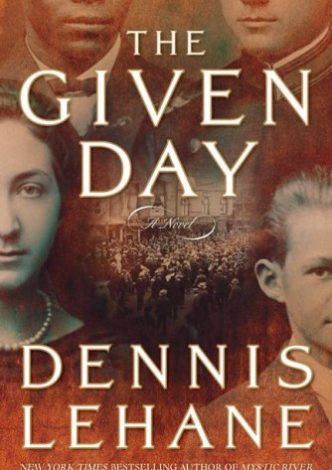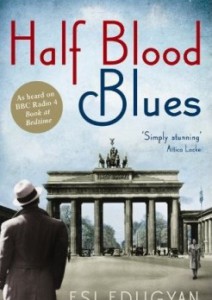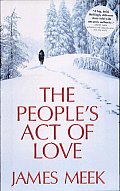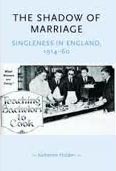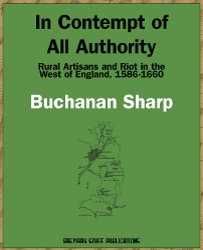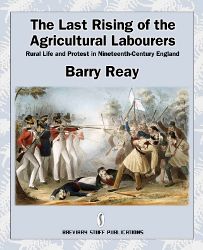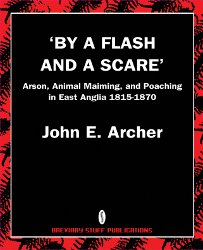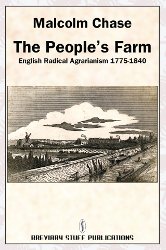Italian Anarchist, Galleanists, Latvian revolutionaries, Bolsheviks, communists, NAACP, Irish cops and gangsters thrown together into a mix with immigration, racism, corruption, strikes, riot and class warfare as a city goes into meltdown leading up to the Boston police strike of 1919. Two main characters are Danny Coughlin, Irish and son of one of Boston’s most powerful police captains and Luther Lawrence, poor and black, and on the run from racism and the mob. While Danny wrestles with his […]
Berlin, 1939. A young, brilliant trumpet player, Hieronymus, is arrested in a Paris café. The star musician was never heard from again. He was twenty years old. He was a German citizen. And he was black. Fifty years later, Sidney Griffiths, the only witness that day, still refuses to speak of what he saw. When Chip Jones, his friend and fellow band member, comes to visit, recounting the discovery of a strange letter, Sid begins a slow journey towards redemption. From the smokey bars of pre-war […]
Its 1919 and the civil war which followed the Russian revolution is drawing to an end. A Czech division is trapped in Yazyk, an isolated Siberian town, with the Bolsheviks advancing along the rail route into the town. Armored trains hold the key to military power. However the townspeople are made up of religious sect of voluntary castrates. (Both these groups of people existed in Russia at the time and so the events are based loosely on historical fact.) When the enigmatic revolutionary Samarin […]
This is a brilliant book for all people interested in the history of the working class . How good books, music and fine art moved the long revolution forward for the poor, uneducated masses, from the pre-industrial era to the twentieth century. All thinking people will be inspired by the memoirs, social surveys, statistics and research into how the working classes educated themselves. One chapter entitled ‘What Was Leonard Bast Really Like?’ gives the reader a completely new insight into the […]
The backdrop of this book is the social and economic transformation of society in Britain over the last 30 years overseen by the political management of Thatcher and Blair; characterised by the erosion of the British organised industrial working class, through the destruction of British industry. However the book is not concerned with looking at that class war (when competing fractions of the bourgeoisie fought a war to the death while uniting to attack the combativity of the proletariat across […]
This very well researched book concerns single men and women living in England during the early years until the mid twentieth century. Information taken from various sources, such as official records, statistics, interviews with elderly single people and institutions, create a very clear picture of people who were unmarried during those years. The attitude of society at that time towards illegitimacy, the unmarried mother, abortion, divorce, adoption, homosexuality, is discussed. Singleness was […]
Two of the most common types of popular disorders in late Tudor and early Stuart England were the food riots and the anti-enclosure riots in royal forests. Of particular interest are the forest riots known collectively as the Western Rising of 1626-1632, and the lesser known disorders in the Western forests which took place during the English Civil War. The central aims of this volume are to establish the social status of the people who engaged in those riots and to determine the social and […]
The Hernhill Rising of 1838 was the last battle fought on English soil, the last revolt against the New Poor Law, and England’s last millenarian rising. The bloody ‘Battle of Bosenden Wood’, fought in a corner of rural Kent, was the culmination of a revolt led by the self-styled ‘Sir William Courtenay’. It was also, despite the greater fame of the 1830 Swing Riots, the last rising of the agricultural labourers. Barry Reay provides us with the first comprehensive and scholarly analysis of the […]
‘By a Flash and a Scare’ illuminates the darker side of rural life in the nineteenth century. Flashpoints such as the Swing riots, Tolpuddle, and the New Poor Law riots have long attracted the attention of historians, but here John E. Archer focuses on the persistent war waged in the countryside during the 1800s, analysing the prevailing climate of unrest, discontent, and desperation. In this detailed and scholarly study, based on intensive research among the local records of Norfolk and […]
This book traces the development of agrarian ideas from the 1770s through to Chartism, and seeks to explain why, in an era of industrialization and urban growth, land remained one of the major issues in popular politics. Malcolm Chase considers the relationship between ‘land consciousness’ and early socialism; attempts to create alternative communities; and contemporary perceptions of nature and the environment. He concludes that, far from being an anachronistic, utopian, and reactionary […]
